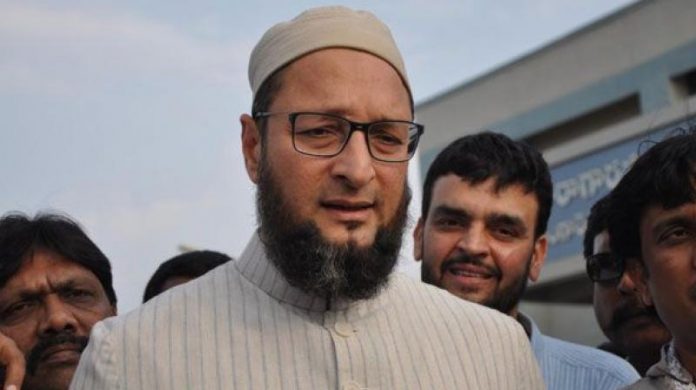By Asif Moazzam for Twocircles.net
During the seven decades of independence, we have observed and monitored many political parties closely and hopefully, have understood well the meaning of secularism. Without going into the detail of their precepts and practices in the decades-long history, let’s have a look at the recent incident in Assam to understand the political game under the garb of secularism.
In last year’s Assam state elections, BJP+ AGP+ BPF alliance got 41.9 % of vote share while Congress got 31% and AIUDF 13% of the total vote. Congress and AIUDF put together amount to 44%. Congress didn’t form an alliance with AIUDF and was reduced from 79 to 26 seats. So-called secular party like Congress could afford to see BJP in power and lived through its humiliating defeat, but couldn’t afford to see Badruddin Ajmal in power. In Indian political context, secularism urges to get the vote of Muslims, but refuses an alliance with them, even if it costs dear.
In recent Bihar election, Muslims voted for the grand alliance en masse and as such, all the six candidates fielded by AIMIM, including the veteran Akhtarul Iman, a two-term MLA and very popular candidate, lost to grand alliance candidates from Seemanchal, a thickly Muslim populated area. Soon after, Nitish government reduced the minority budget from 309 to 294 crores. The fact is that in politics, there is no friend or foe, but the truth is that power recognizes power. Our crisis remains because we are a vote bank without a leader.
Any community deprived of its leader is a pushover. Why shouldn’t Muslims, as a marginalized community and not as a religious minority, have the custodian of their votes? Some argue this will lead to polarization, which is not true. Vote pattern in India is now deeply on caste line and not on religious line. Therefore, Muslims voting in unification for their leader and party will be simply a pattern followed by other communities of India.
In this caste based political system in India, each political party is supported primarily by a sizeable section of particular community and caste. Their caste votes bring them electoral strength and real political power with a capacity to rule and bargain.
Following the own leader and the party headed by own leaders will reduce chances of being blackmailed. Such a party will definitely be part of alliance and governance as well. The mass following will strengthen the leader and place him in a position to bargain, which is a must for the community.
In Uttar Pradesh, in 73 of 403 assembly constituencies, Muslims form more than 30% of the electorate. AIMIM is contesting around three dozen seats. Muslims must vote unanimously across Uttar Pradesh to defeat communal force but shouldn’t they throw their weight behind Owaisi contesting few seats and give him a chance to lead and represent the community?
The author teaches at the Department of English, University of Bisha, Kingdom of Saudi Arabia.


